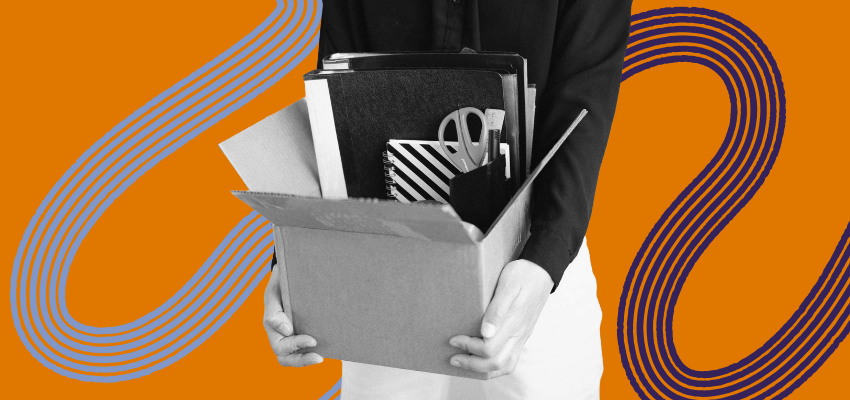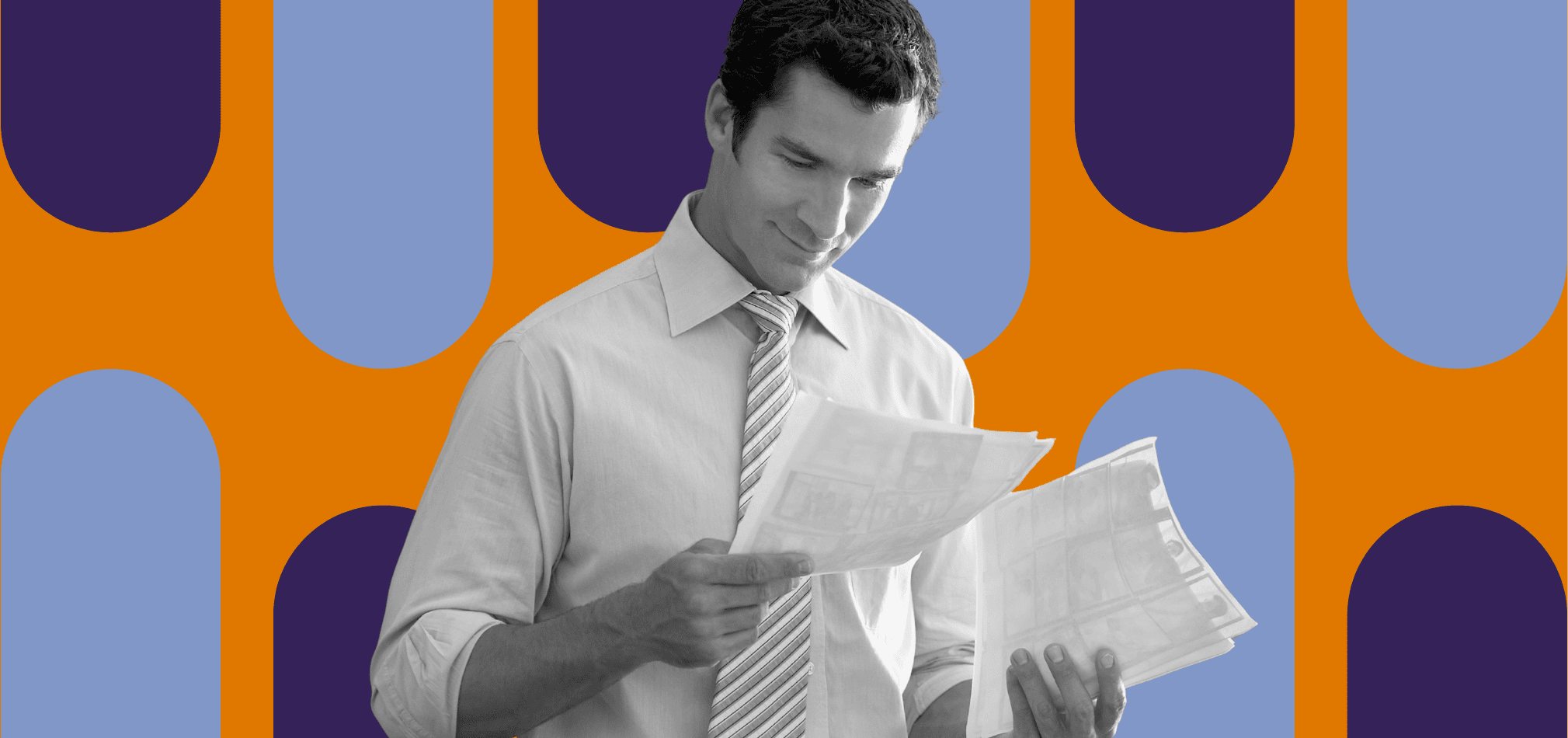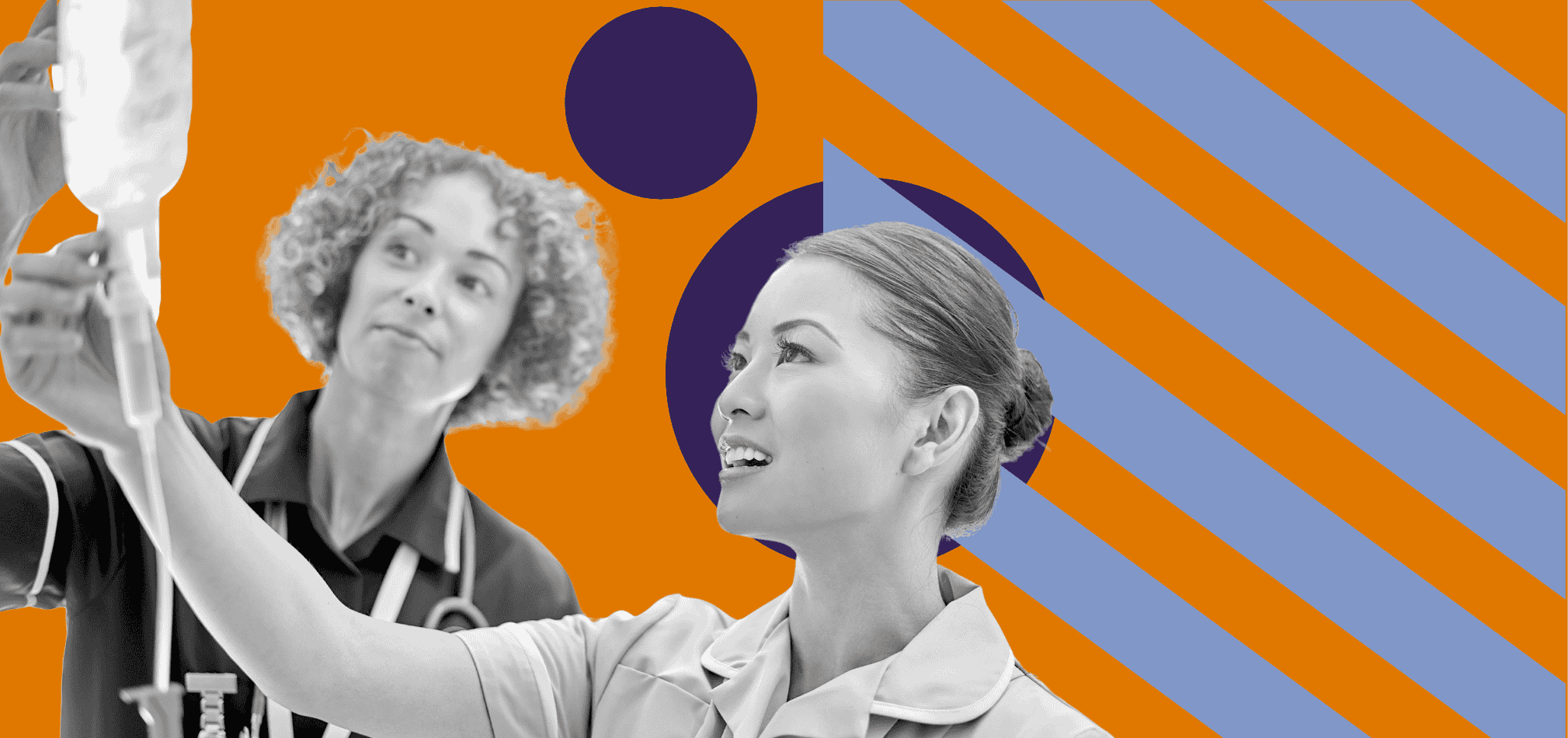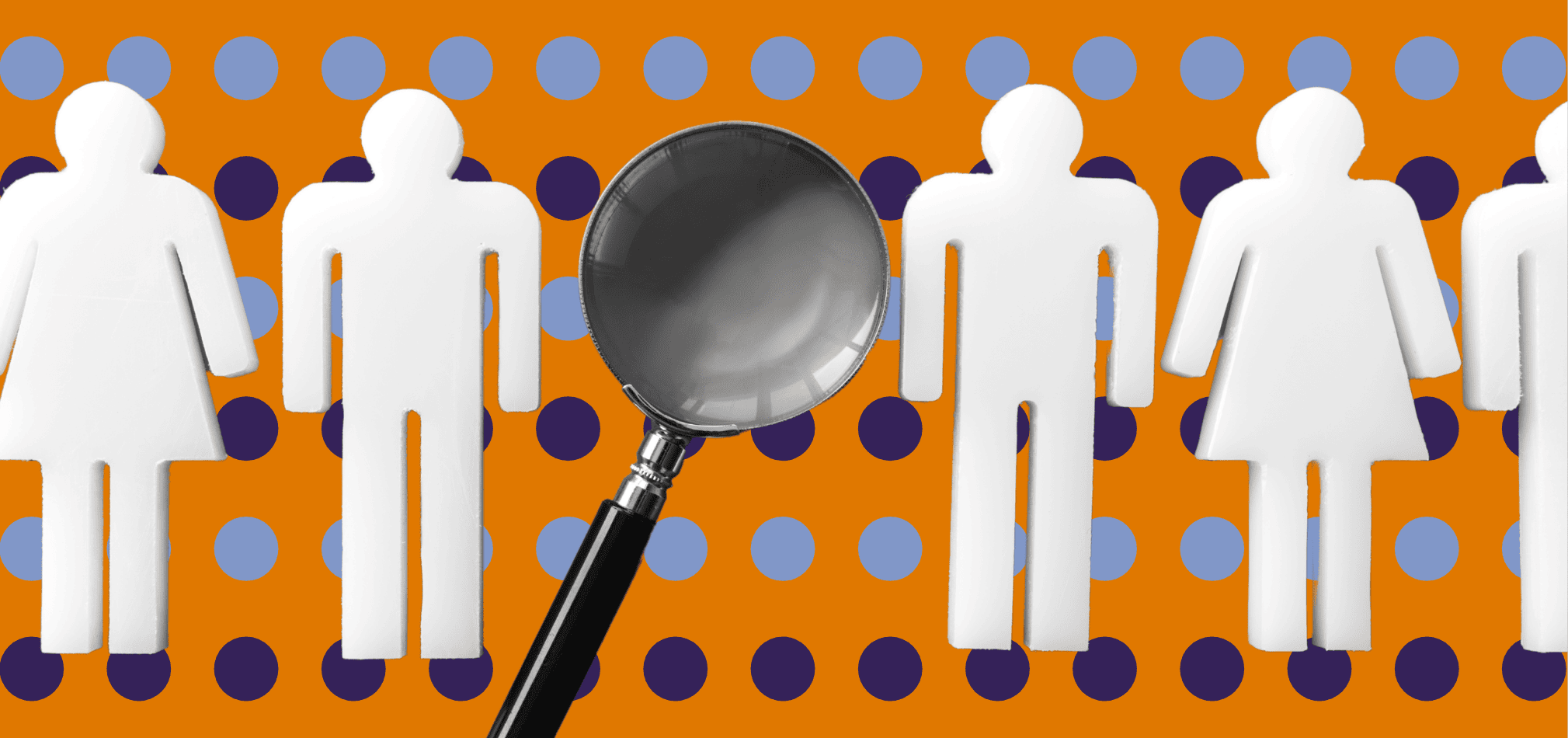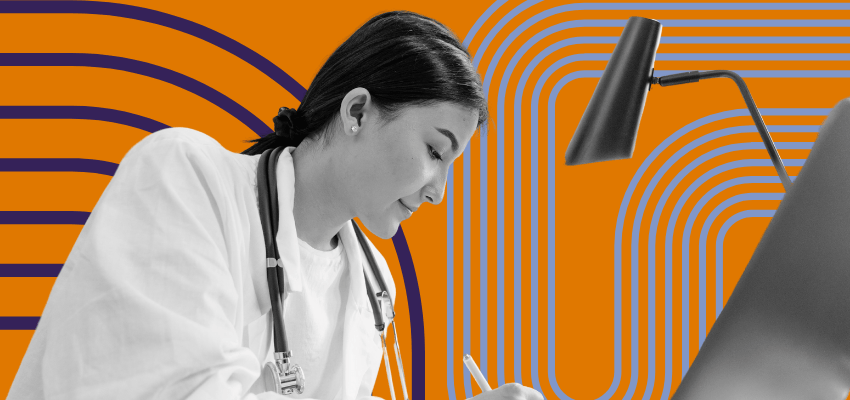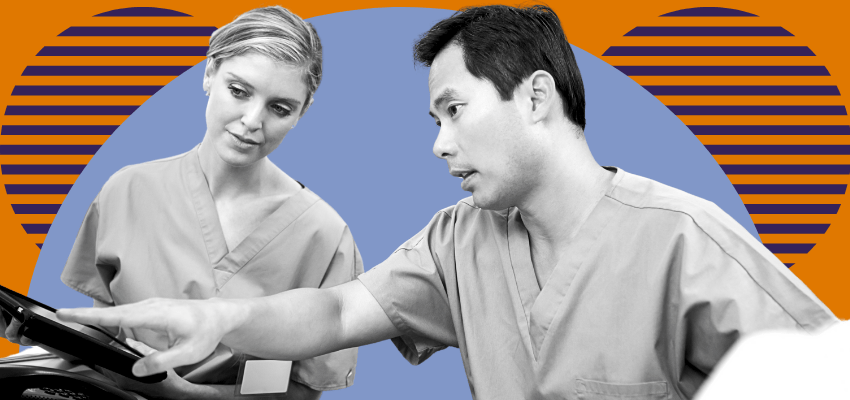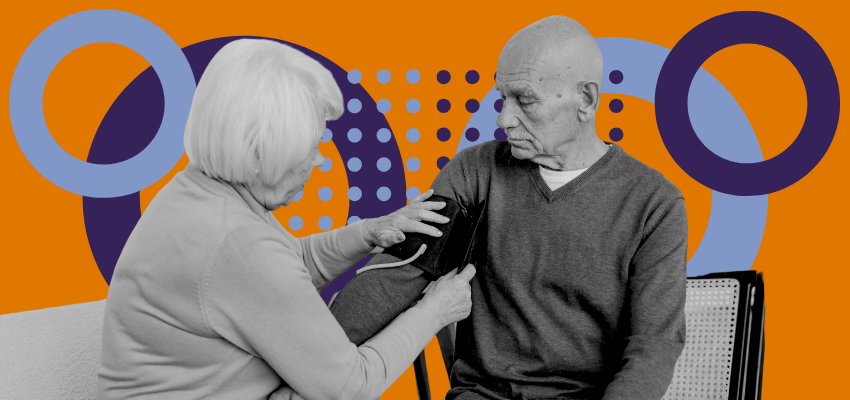What Are the Certified Home Health Aide (CHHA) Supervision Policies in Home Health?
November 5th, 2025
4 min read
By Abigail Karl

If you run a home health agency, you already know how confusing Certified Home Health aide (CHHA) supervision policies can be. The rules around supervising CHHAs are more strict than other disciplines. Missing a supervisory visit is one of the most common deficiencies cited during surveys.
Administrators often ask:
- Does the aide have to be present?
- How often do supervisory visits occur?
- What if a deficiency is found?
The Conditions of Participation (CoPs) are clear on these points, but knowing how to navigate the dense regulatory text is still challenging for many professionals. You’re not alone.
*This article was written in consultation with Mariam Treystman.
At The Home Health Consultant, we’ve guided hundreds of Medicare-certified agencies through surveys, compliance reviews, and corrective actions. We know exactly what surveyors look for when it comes to aide supervision, and how agencies can avoid deficiencies before they happen.
This article breaks down the Medicare CoPs on CHHA supervision into plain English so you can keep your agency compliant and your patients safe.
What Must Be Checked During a Certified Home Health Aide (CHHA) Supervisory Visit?
Supervisory visits are designed to make sure aides are delivering safe, effective, and patient-centered care. During each visit, the supervisor must verify that aides are:
- Following the patient’s individualized plan of care
- Communicating openly with patients, caregivers, and other staff
- Performing assigned tasks competently
- Maintaining infection control practices
- Recognizing and reporting any changes in a patient’s condition
- Respecting and upholding patient rights
These supervisory responsibilities apply whether aides are hired directly or through arrangements with an outside organization (like a staffing agency).
During a CHHA supervisory visit, the supervisor may:
- Ask the aide how they are carrying out specific care tasks (e.g., “Walk me through how you’re assisting this patient with bathing”)
- Observe whether the aide is following infection control protocols
- Review how the aide documents care and communicates with the care team
These questions and observations help supervisors assess whether aides are competent, confident, and consistent in their care.
Who Can Supervise Certified Home Health aides (CHHAs) in Home Health?

The CoPs state that aide services must be supervised by a registered nurse (RN) or another appropriate skilled professional.
- If the patient is receiving skilled nursing, an RN must supervise the aide.
- If the patient is receiving therapy only (PT, OT, or speech therapy), a therapist specializing in the same type of therapy the patient is receiving must supervise.
How Often Must Certified Home Health Aide (CHHA) Supervisory Visits Occur When Skilled Services Are Provided?
When a patient is receiving skilled nursing or therapy services (PT, OT, or speech therapy) in addition to aide services, supervisory visits follow a 14-day rule:
- An RN or skilled professional must make a supervisory assessment at least every 14 days
- *Pro Tip: Our recommendation is to always start supervision on the first visit. While CMS CoPs don't specify when supervision should begin, this is based on our lived-experience attending surveys. We've seen multiple instances of surveyors, over a wide span of years, attempt to give conditional deficiencies due to the first aide visit not being supervised.
Here's the surveyor reasoning: There are extremely strict requirements that CHHAs must be supervised every 14 days. If an aide starts seeing a patient, and is not supervised until two weeks after they've been seeing the patient, this is a lapse in ensuring the CHHA is qualified to be delivering that care.
- The aide does not need to be present for this assessment
- These supervisory visits must be conducted in person and on-site.
- *CMS allows an exception that one supervisory visit per 60-day episode may be done virtually (two-way audio-video with real-time interaction).
- For detailed information on when supervisory visits need to occur if an error in CHHA care is found, see our section on ___ below.
- Every aide must be observed annually (every 12 months), in-person, performing care to confirm ongoing competency
This structure ensures ongoing oversight while balancing flexibility in how visits are conducted.
What Happens if Errors Are Found During Certified Home Health aide (CHHA) Supervision?
If a supervising RN or skilled professional identifies a problem, the regulations require a corrective process.
There are a few steps to take if an error is discovered:
- The error or problem must be clearly identified and documented.
- The aide must receive retraining in the deficient skills, as well as related tasks where competency may also be in question.
- An additional on-site visit and competency evaluation with the aide present must be scheduled.
*The home health Conditions of Participation state the required timing for these additional visits “as needed,” which, in this case, means promptly.
The aide cannot provide service independently until they have completed:
- Retraining
- An additional on-site supervisory visit
- A successful competency evaluation
Since CHHA’s are certified, not licensed, they require additional scrutiny. This approach protects patients while giving aides the opportunity to improve and demonstrate safe care delivery.
What Policies Apply When Home Health Agencies Use Contracted Aide Services?
If your agency provides CHHA services under arrangement with another organization, you are still fully responsible for compliance.
That means:
- The same supervisory visit requirements apply
- The home health agency must confirm that contracted aides meet training and competency standards
- The agency remains accountable for the overall quality of care, even if aides are not on your direct payroll.
Surveyors will cite your agency, not the contracting organization, if supervision requirements are missed.
How Can Home Health Agencies Stay Compliant with CHHA Supervision Policies?

CHHA supervision is a critical requirement under the Medicare CoPs, ensuring that aides deliver safe and effective care.
Supervisory visits must follow strict timelines: every 14 days when skilled services are provided. Annual direct observation of each aide is also required.
The best way to stay compliant is to:
- Keep strong documentation
- Train supervisors and aides on the required timelines
- Act quickly if deficiencies are identified
Supervision rules don’t stop with CHHAs. To understand the broader picture, read our guide: Supervision Policies for All Disciplines in Home Health and Hospice.
*Disclaimer: The content provided in this article is not intended to be, nor should it be construed as, legal, financial, or professional advice. No consultant-client relationship is established by engaging with this content. You should seek the advice of a qualified attorney, financial advisor, or other professional regarding any legal or business matters. The consultant assumes no liability for any actions taken based on the information provided.
Topics:





